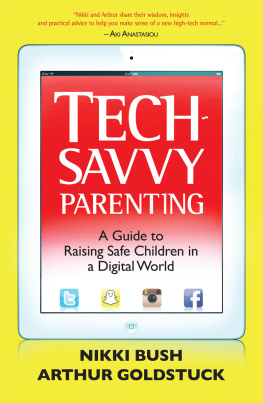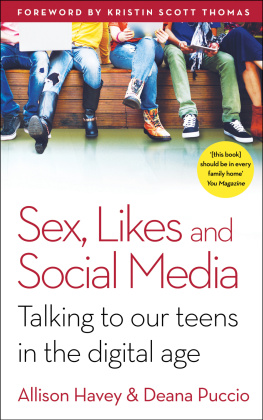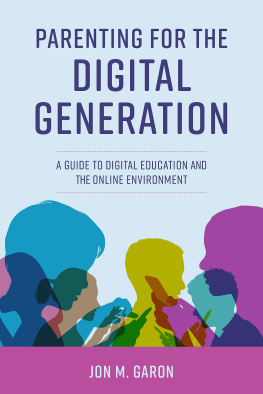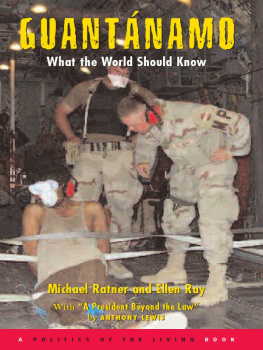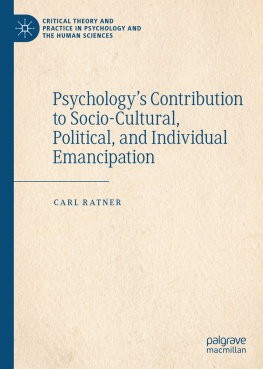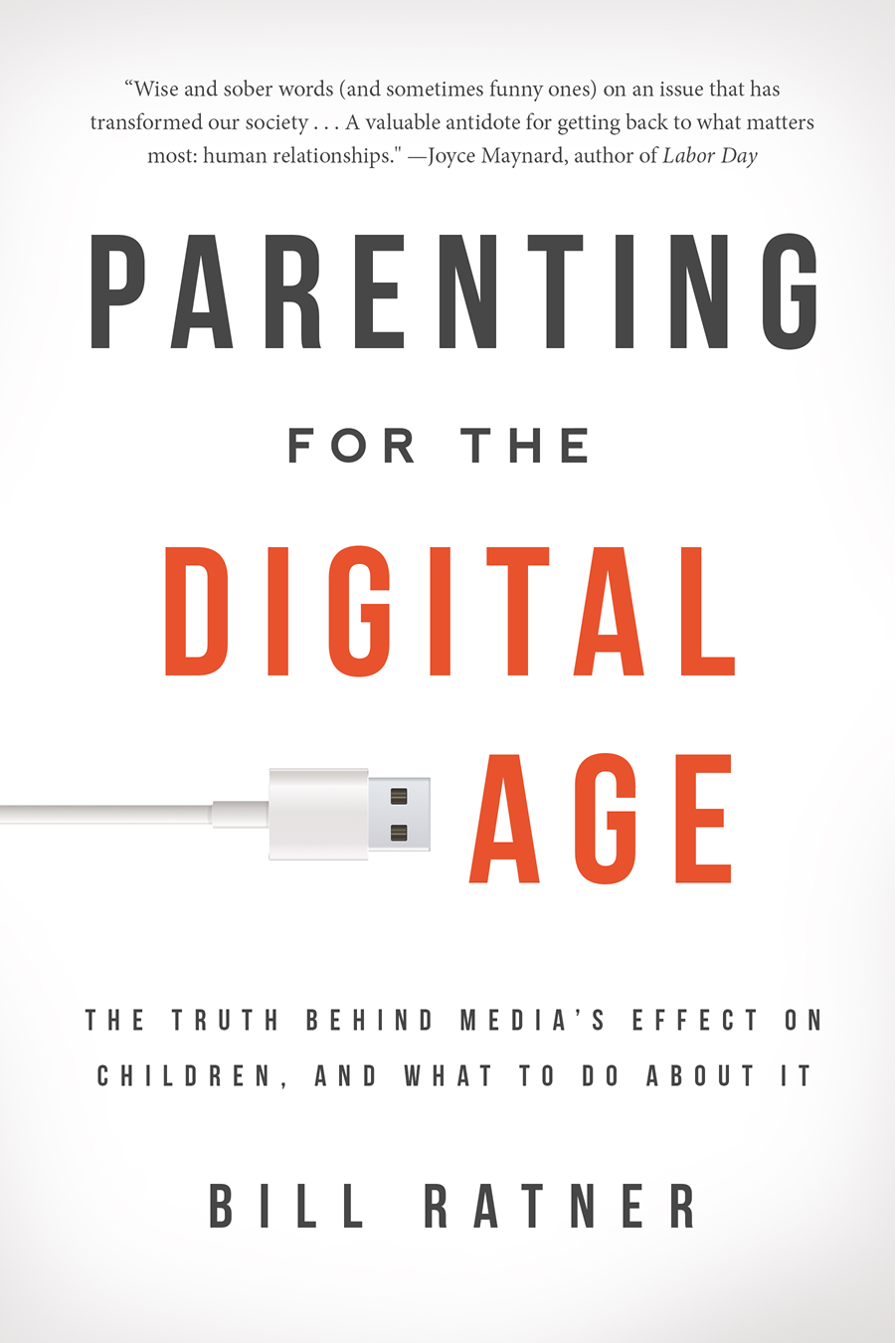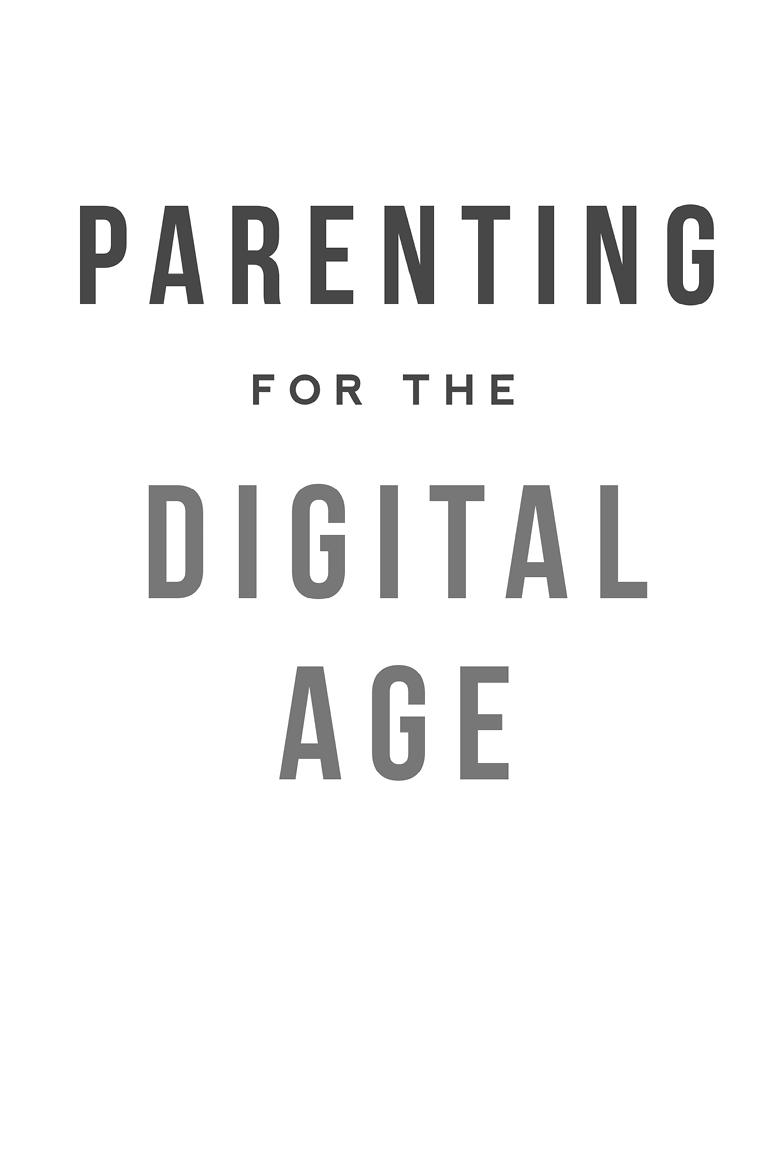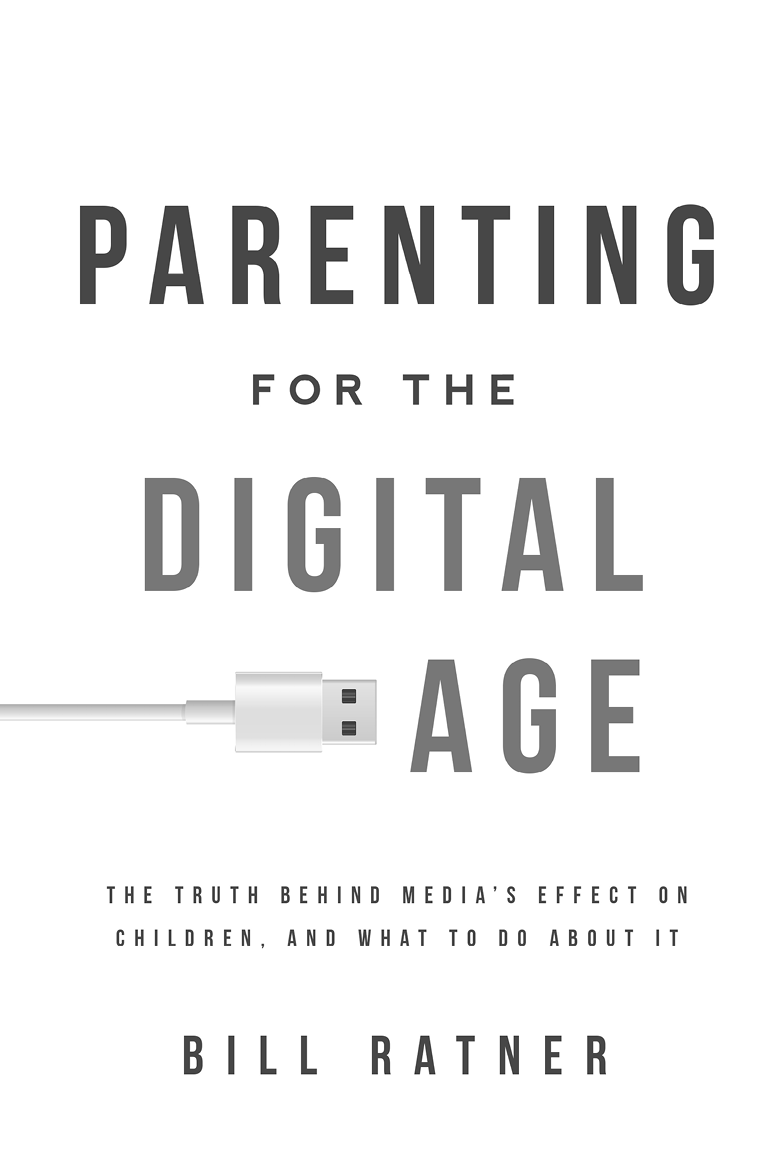Praise for Bill Ratner
Lucid and thought-provoking,
Jane Claire, Barnes & Noble
In a world that bombards and seduces us with technology and the never-ending attraction of yet another fancy device, Bill Ratner offers that rare and old-fashioned thing that no hand-held device will ever make obsolete: a good old-fashioned story, of a father who makes his life in media, confronted by the dangers of too much television and too many computers. And his wise decision to unplug.
Ratner offers wise and sober words (and sometimes funny ones) on an issue that has transformed our society, along with a valuable antidote for getting back to what matters most: human relationships.
Joyce Maynard, author of Labor Day
More than just the premier voice-over talent in Hollywood today, Ratner writes with the subtlety and texture worthy of a literary fiction master.
Brad Schreiber, Huffington Post
From kindergartner entranced with disembodied voices on TV and radio... to voiceover stardom and family man,... Bill Ratners life keeps bursting the confines of the ordinary...
Anita Frankel, Psychologist
Its a great, sweet, well-told story with humor, heart, nuance, and depth.
Lea Thau, Independent Producers Project/KCRW Radio, Los Angeles
Bill Ratner has been involved in the industry for most of his life, coming from a home where his dad was an ad executive for General Mills and helped personify the image of Betty Crocker for the world. Ratner has a way of bringing those images in his head into perfect focus.
Bob Leggett, The Examiner
Bill Ratner is one of the most enjoyable storytellers in Los Angeles.
Gary Buchler, Storytelling Producer, TheMoth.org
High-caliber storyteller.
L. J. Williamson, LA Weekly
The behind-the-scenes stories of his life as a big-time announcer are lots of fun, but I found the family scenes most affecting.... A fascinating life journey, told by a master storyteller....
Beau Weaver, SpokenWord.com
He expertly guides us on a journey through not just his own life, but the kind of life that many in the creative and entertainment fields will recognize: early infatuation with all manner of media... and finally, pondering the sublime mysteries of life and human existence itself...
Joel Bellman, of Los Angeles County Board of Supervisors
Acknowledgments
I owe a tremendous debt of gratitude to the principal of Los Angeles Allesandro Elementary School, Lynn Andrews, who for over twenty years has welcomed me into his school where many of my ideas about children, technology, and the media were formed, and to his talented team of teachers, including Willi Matsamura and Carolyn Naylor.
Im grateful to Familius Michele Robbins, who gave me the idea for this book, and to storyteller Susan OHalloran for giving us a space where it could develop. Thanks to my Uncle Gerry, who has passed down the family treasure trove of stories.
Thanks to my dear friends Fred Silverman, Roberta Alexandra, Sea Glassman, Mila DaRosa, Sean Carter, Adele Robbins, interviewees Larry Brooks, Anna Marie Piersimoni, Marc Brooks, Nina Brooks, Peter Weich, Bridget Weich, Stefan Weich, Sonja Weich, Sara Waters, Mary MacDonald-Lewis, Chris Anthony-Lansdowne, my teachers Aaron Henne, Erin Jourdan, Emily Rapp, David Ulin, Jill Essbaum, Chuck Evered, Kate Anger, and my editor, Brooke Jorden, for all their help.
Thanks to Richard Herman and Roy and Maggie Nevitt of Windsor Mountain International and to my fellow storytellers at The Moth Storytelling for nurturing my stories.
Thanks to my wife, Aleka, and my daughters, Arianna and Miranda, for their love, creativity, and patience. And finally to my parents and my brother, Pete, for their time, their love, and wisdom, without which none of this would be possible.
Foreword
I first met author Bill Ratner on a sunny summer day in rural New Hampshire, when Bill arrived with his wife and daughter for a visit to the kids camp I founded in 1961Interlocken International, now called Windsor Mountain International. At age four months, Bills daughter Arianna was much too young to be a camper. Our camp kids were between nine and thirteen years old. But Bill and his young family had come to find out what we were doing deep in the woods with over two hundred kids and grownups from around the world who had come to learn, explore, and have fun together.
The skillset that Bill brought to camp that summer set us on a course that endures to this day. Bill is a storyteller, and I took every opportunity to put Bill to work at camp, telling stories at morning meeting, in our theater classes, and at night around the campfire. Storytelling is great fun, but it is also the way mankind has passed on its collective wisdom from generation to generation. Storytelling is the frame through which we see our world. And Bill is a master storyteller. His kids became campers, he returned year after year, and as his reputation grew, residents of nearby towns would come to Interlocken on Festival Eve just to hear Bills many tales told around the blazing campfire.
We referred to life at camp as Life in the Bubblethe gentle, organized, creative, and supportive atmosphere that comprised camp life at Interlocken. What didnt belong in the bubble were behaviors and technologies that distracted campers from our daily goals: to learn new things, make new friends, and flourish in a safe, semi-wilderness environment. With the advent of PlayStation, Nintendo, Xbox, smart phones, and tablets, we faced an onslaught of technology arriving at camp with the kids every summer. But we had rules: no electronic games, no cellphones. In case of emergency, of course, a child could speak with his or her parents, but we found over the years that cellphones and gaming platforms were not only an unnecessary distraction for kids, but also an obstacle to fully experiencing the rich, creative life at camp.
So, in as gentle a manner as possible, having warned families in advance, we stored kids phones and electronic games for the duration of their stay at camp. Was there push-back? Of course. Kids are habituated to answering every text and playing every game on their device. Did their resistance disappear? Yes. Within minutes of arrival, kids were doing what kids domaking friends, tossing a Frisbee, singing songs, going for a swim, and settling in to a technology-free life at camp.
This book is an essential tool for every parent and caregiver. It tells the story of how and why digital technology has crept so far into our lives, how its overuse affects children, and how to control it. This book is filled with stories, both fun and intriguing. Bill came from an advertising family and has worked in the Hollywood entertainment business most of his adult life, so he has had a birds-eye view of how the makers of childrens media can lure families into buying what they dont need and spending time in front of screens that could otherwise be spent more happily.
I am honored to call Bill my friend. And we still meet up for long chats and walks in the woods of the Northeast. Can we all return to the innocence and beauty of life in rural New England? Probably not, but we can start the conversation with our children and begin to build the framework of a sensibly controlled atmosphere in our homes where digital technology can support a creative, nurturing environment, rather than overrun it. This book is the key to starting down that welcome path.


